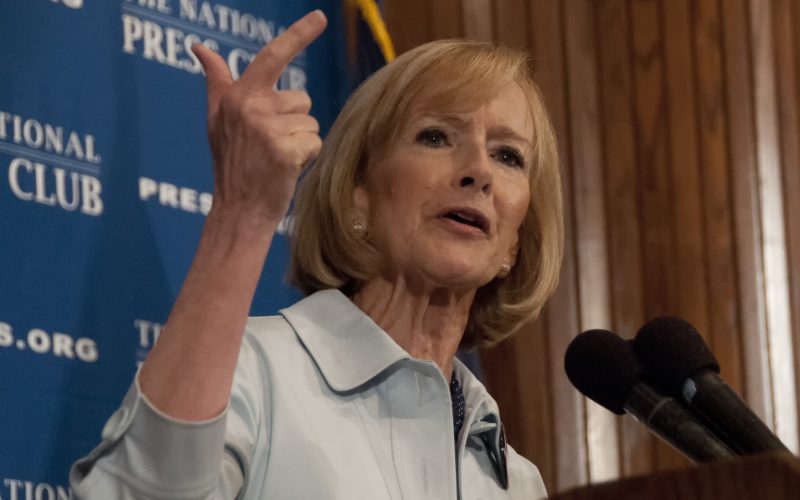
President Jimmy Carter’s Legacy: A Complex Legacy Examined
Former President Jimmy Carter sat down for a live conversation with Judy Woodruff to discuss his legacy, both domestically and internationally.
A Life of Service
Born in 1924, Jimmy Carter grew up in rural Georgia. After graduating from the US Naval Academy, he served as a nuclear engineer in the Navy. In 1962, he entered politics as a Democrat, serving as Georgia State Senator from 1963 to 1966 and Governor from 1971 to 1975.
In 1976, Carter was elected President of the United States. During his presidency, he focused on human rights, energy independence, and nuclear disarmament. He also established the Department of Energy and appointed the first female cabinet member, Patricia Roberts Harris.
Carter’s presidency was marked by both successes and setbacks. He achieved major foreign policy breakthroughs with the Camp David Accords, which led to a peace treaty between Israel and Egypt. However, he also faced economic challenges such as stagflation and the Iranian hostage crisis.
A Legacy of Controversy
Carter’s legacy remains a subject of debate. Some historians view him as a successful president who made significant contributions to human rights and international peace. Others argue that his domestic policies were ineffective and that he failed to address the economic challenges of his time.
Carter’s post-presidential career has been marked by his work on global health and conflict resolution. He founded the Carter Center in 1982, which has worked to promote democracy, human rights, and disease prevention around the world.
Different Perspectives
Supporters of Carter’s legacy argue that he was a visionary president who made significant contributions to the world. They point to his achievements in human rights, peacemaking, and post-presidential service.
Critics of Carter’s legacy argue that he was a weak and ineffective president who failed to address the economic challenges of his time. They point to his high inflation rates, unemployment, and the Iranian hostage crisis as evidence of his failed leadership.
Data and Examples
Successes
– Camp David Accords (1978): Carter brokered a peace treaty between Israel and Egypt, ending decades of conflict.
– Human Rights: Carter made human rights a central focus of his foreign policy, establishing the Peace Corps and the Carter Center.
Failures
– Inflation and Unemployment: Carter’s economic policies failed to control inflation and unemployment, leading to widespread economic hardship.
– Iranian Hostage Crisis (1979-1981): Carter’s inability to resolve the hostage crisis, in which 52 Americans were held hostage by Iran, was a major foreign policy embarrassment.
Analysis
Carter’s legacy is complex and multifaceted. He was a successful foreign policy president who made significant contributions to peace and human rights. However, his domestic economic policies were largely ineffective, and he failed to address the economic challenges of his time.
Carter’s post-presidential career has been marked by his humanitarian efforts. He has worked to promote democracy, human rights, and disease prevention around the world. Carter’s legacy as a global statesman is likely to be more enduring than his legacy as President.
Conclusion
Jimmy Carter’s legacy as President is a mixed one. He was a visionary leader who made significant contributions to peace and human rights. However, he also failed to address the economic challenges of his time.
Carter’s post-presidential career has been marked by his tireless work on global health and conflict resolution. He is a true humanitarian who has made a lasting impact on the world.
